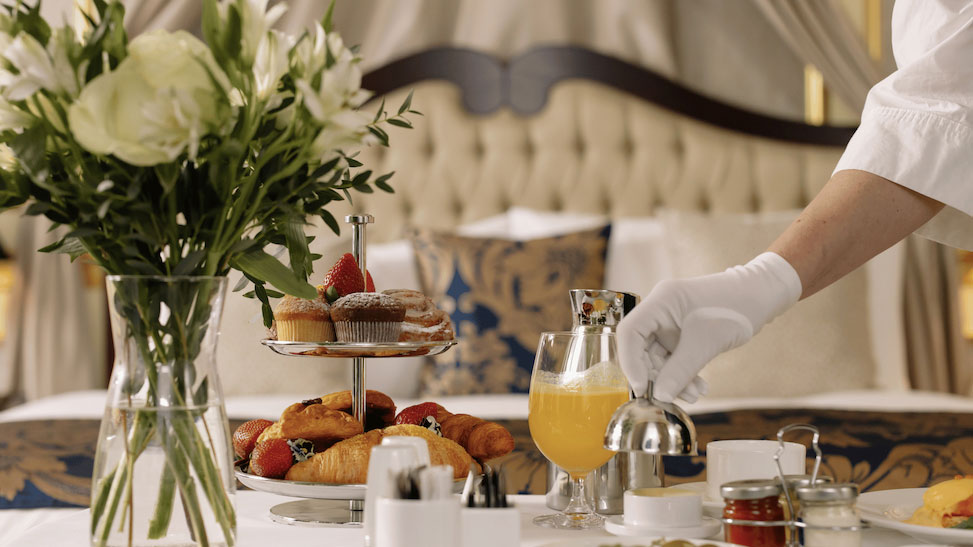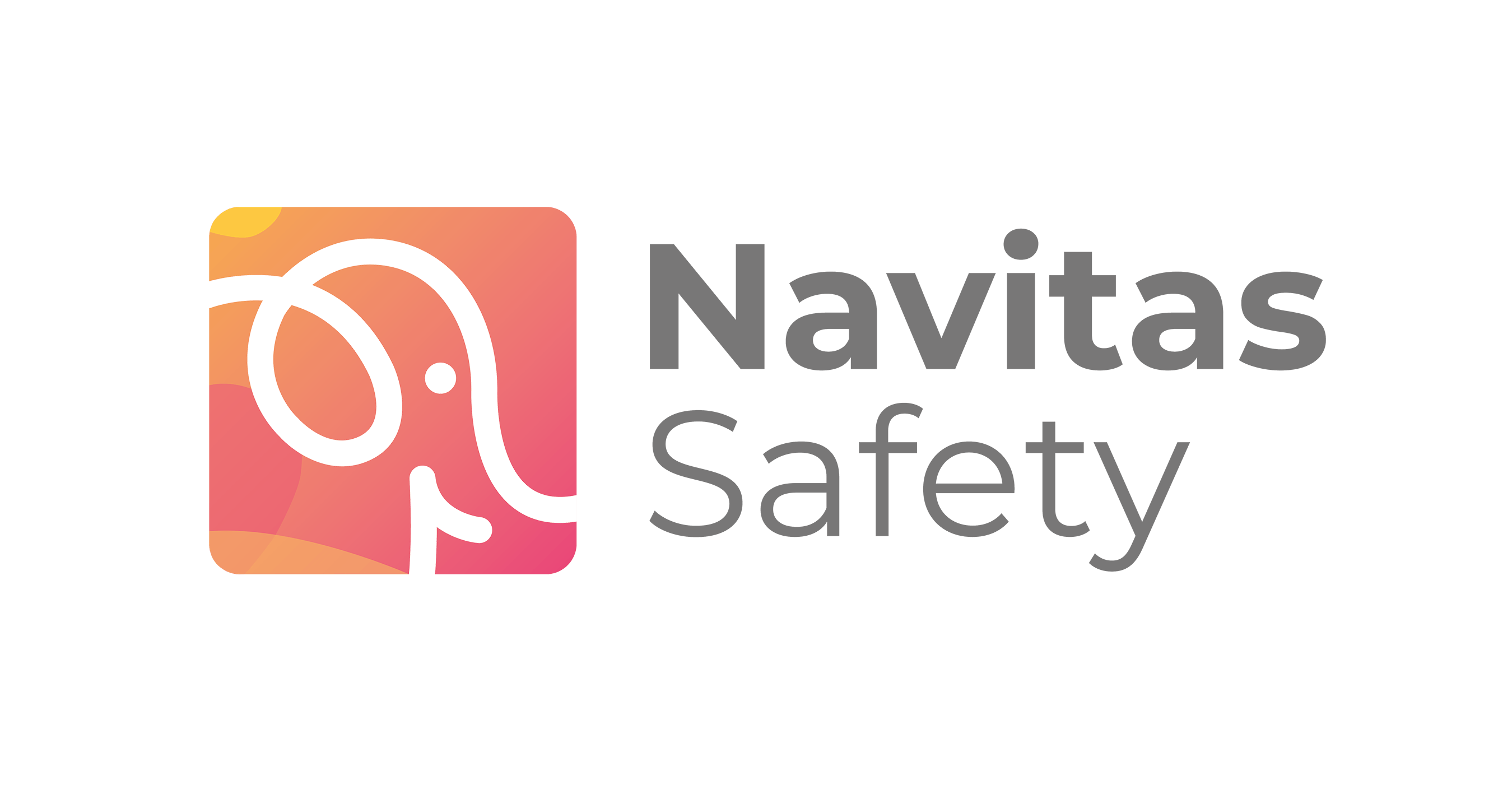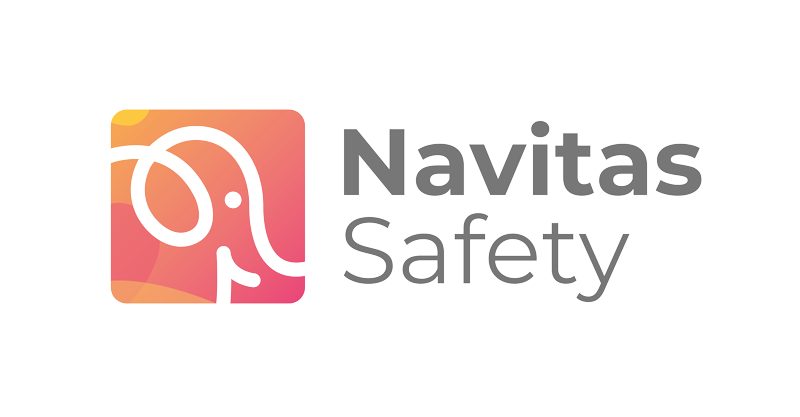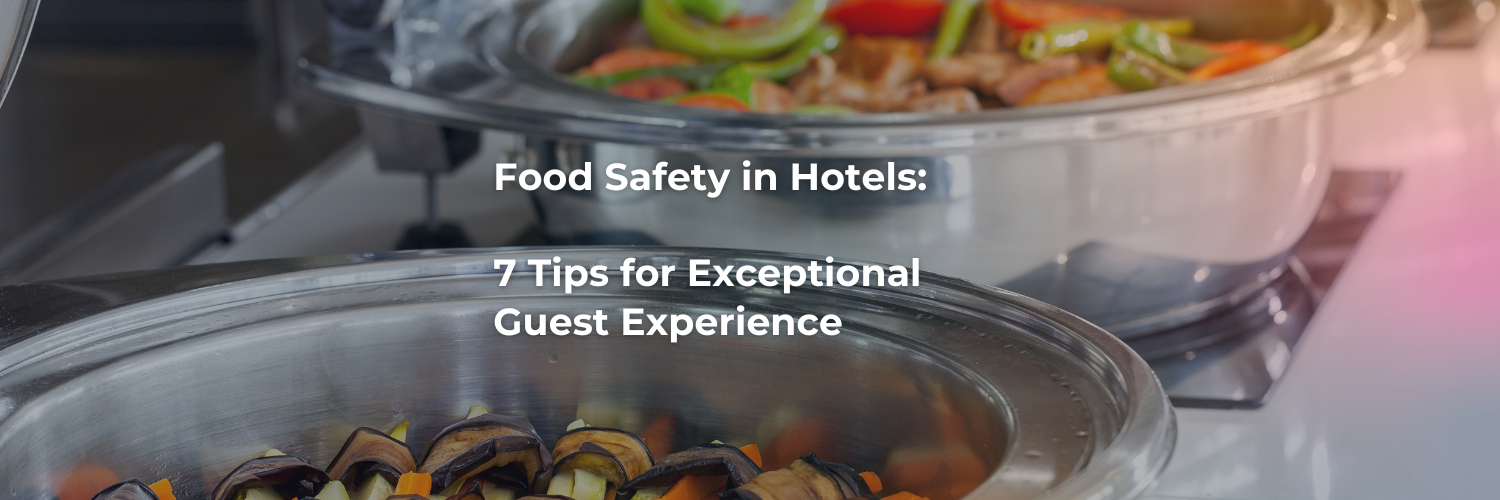Food safety in hotels matters. From hotel restaurants to room service and minibars in guest bedrooms, it’s so important to keep outstanding food hygiene standards to delight your guests.
Recently, 5 hotels in Liverpool that were hosting an abundance of guests during Eurovision 2023 were found to have shocking food hygiene ratings (think of 0 out of 5!). Environmental health officers discovered issues around the hygienic handling of food, including during preparation, cooking, reheating, cooling and storage.
So read along – this blog shares our hotel safety experts’ top tips for exceptional hotel food safety!
1. Buffet Food Safety
Food safety in hotels very often involves buffets. There are some core food hygiene standards to follow with buffets so make sure to have proper systems and procedures in place.
This includes keeping food covered until it’s ready to be served on the buffet tables, as well as ensuring individual spoons or other utensils are used for each dish. This will prevent cross contamination risks between dishes and between guests handling the food directly.
Most importantly, always ensure food is properly cooked to safe temperatures with accurately calibrated thermometers or digital food probes, to guarantee top notch safety.
Finally, don’t forget the 2-hour rule! Any buffet food left out at room temperature must be disposed of after 2 hours.

2. Minibars
Many hotels have rooms equipped with minibars. Therefore, it is key to have a proper maintenance check schedule in place to ensure they’re all working at the right temperatures.
You never know what leftovers or snacks your guests are hoping to store safely in there! So, don’t leave space for unnecessary safety hazards if your temperatures aren’t quite compliant.
You could add minibar temperature checks to your daily cleaning checklist or minibar stock checks, or you could create a new customised digital checklist! In any case, it’s always better to be safe than sorry. So, don’t leave safe minibar temperatures to chance!
3. Ensure your Hotel Food Safety
Paperwork is Up-To-Date
Confidence in safety management is essential when an Environmental Health Officer visits your hotel.
All temperature data, cleaning schedules, maintenance checks and staff training records must be available. This will reassure your inspector that your guests are in safe hands.
Having it all saved digitally can make your life easier without piles of paperwork to go through – and less chance to lose documents! Consider opting for a food safety software to centralise all food safety checks, tasks and schedules.
How about trying our food safety software for your hotel for FREE?
4. Use a Pre-Inspection
Hotel Safety Checklist
Unexpected visits to your hotel(s) from an inspector are often overwhelming. But it doesn’t have to be if you are prepared!
On top of having a strong food safety management system in place, our hotel safety experts recommend regularly using a hotel pre-inspection checklist to make sure you are doing everything to keep your guests safe.
Download our FREE hotel pre-inspection checklist:
5. Room Service Food Hygiene
Now let’s dive into the food hygiene standards around room service.
Food will be prepared on your premises so all standard food safety rules around temperature, cleanliness and cross contamination avoidance should be respected.
In addition, having a specific room service checklist will help your team double check everything is perfect before being delivered to guests. This could include checks such as ensuring all food is covered until served, some extra temperature checks, cutlery cleanliness and safe transport of food from kitchen to bedroom.
Keep your guests safe and satisfied by not cutting any corners with food safety in hotels!

6. Regularly Review your HACCP
Having a strong HACCP in place is essential for food safety in hotels. However, experts recommend that you regularly review and improve it as new hazards may arise and new procedures might be needed. Whether you have renovated some kitchens, rooms or even gardens, review your HACCP and make sure all safety risks are considered and minimised.
7. Centralise All Safety Tasks
into One Digital System
Finally, let’s talk about embracing hassle-free food safety! Managing a hotel (or many) can be burdensome and challenging. Especially when it comes to understanding what is going on across all sites! Having all your food safety checklists, cleaning rosters, staff records and food temperature data in one central and digital place is a great way to have full visibility and control.

Explore more of the Hotel Safety solutions that our partners love:
If you need help with your safety processes, speak to a member of our safety team who will be able to advise you on how to operate safely.
Subscribe for more safety content updates:






